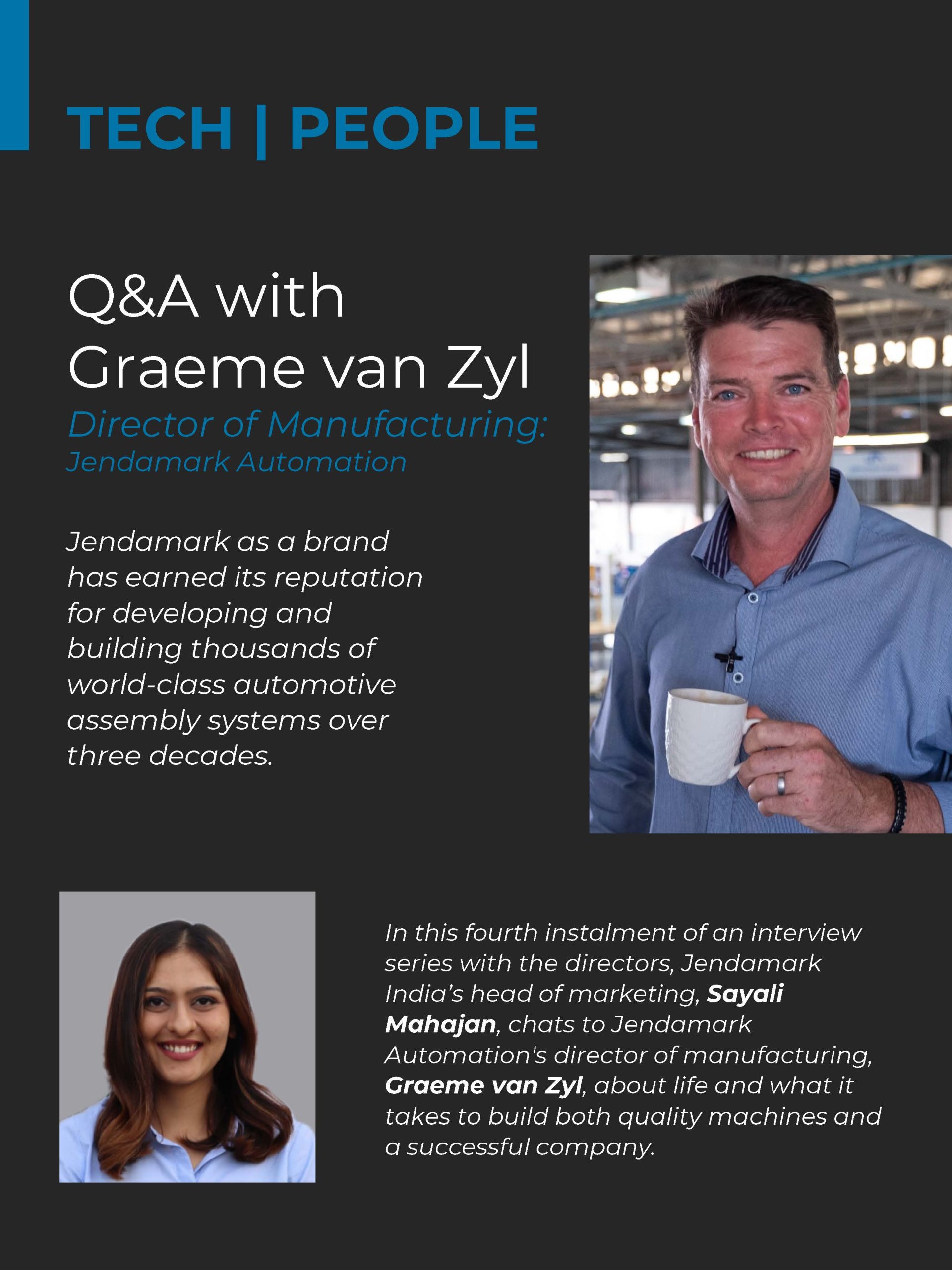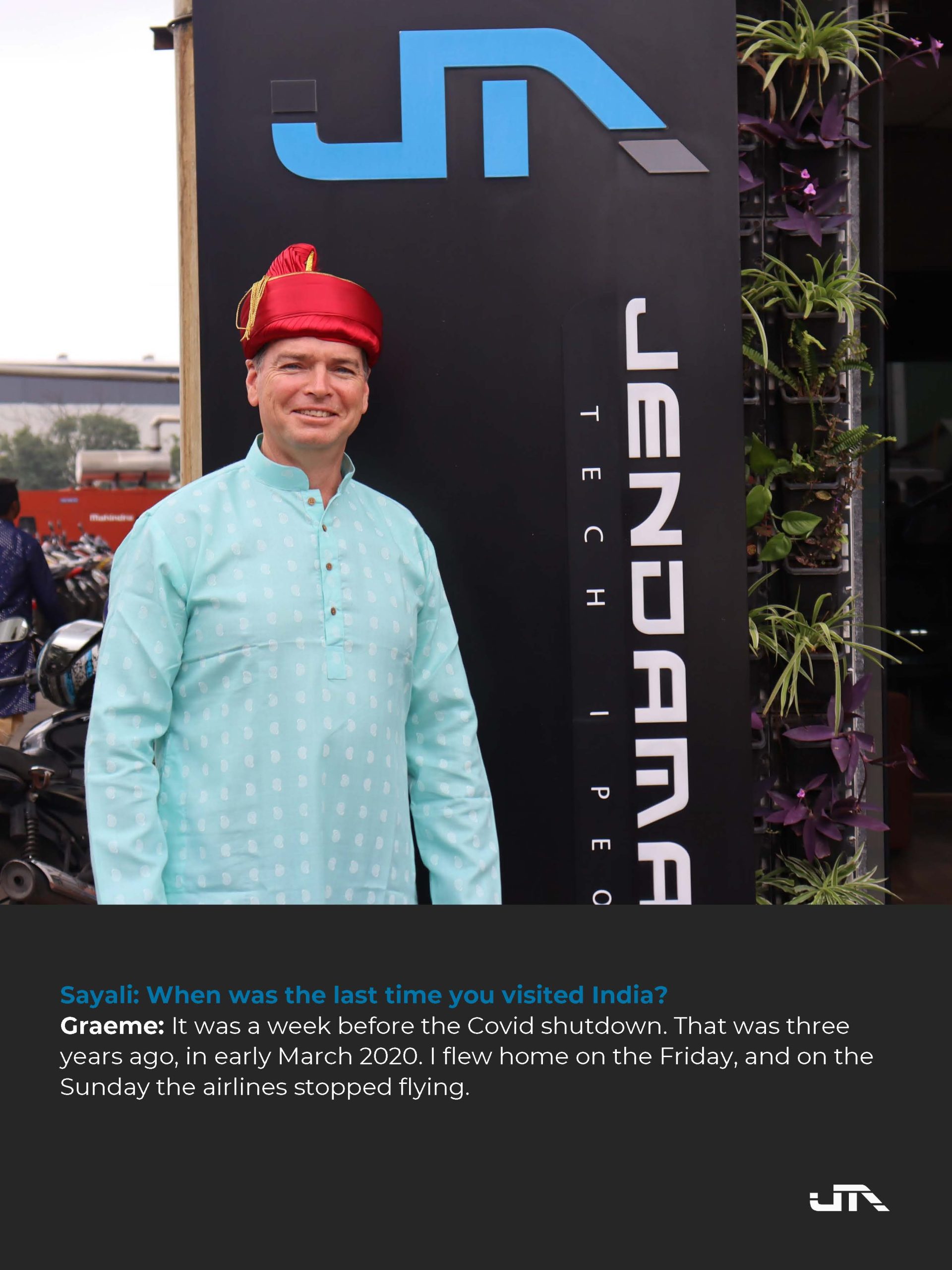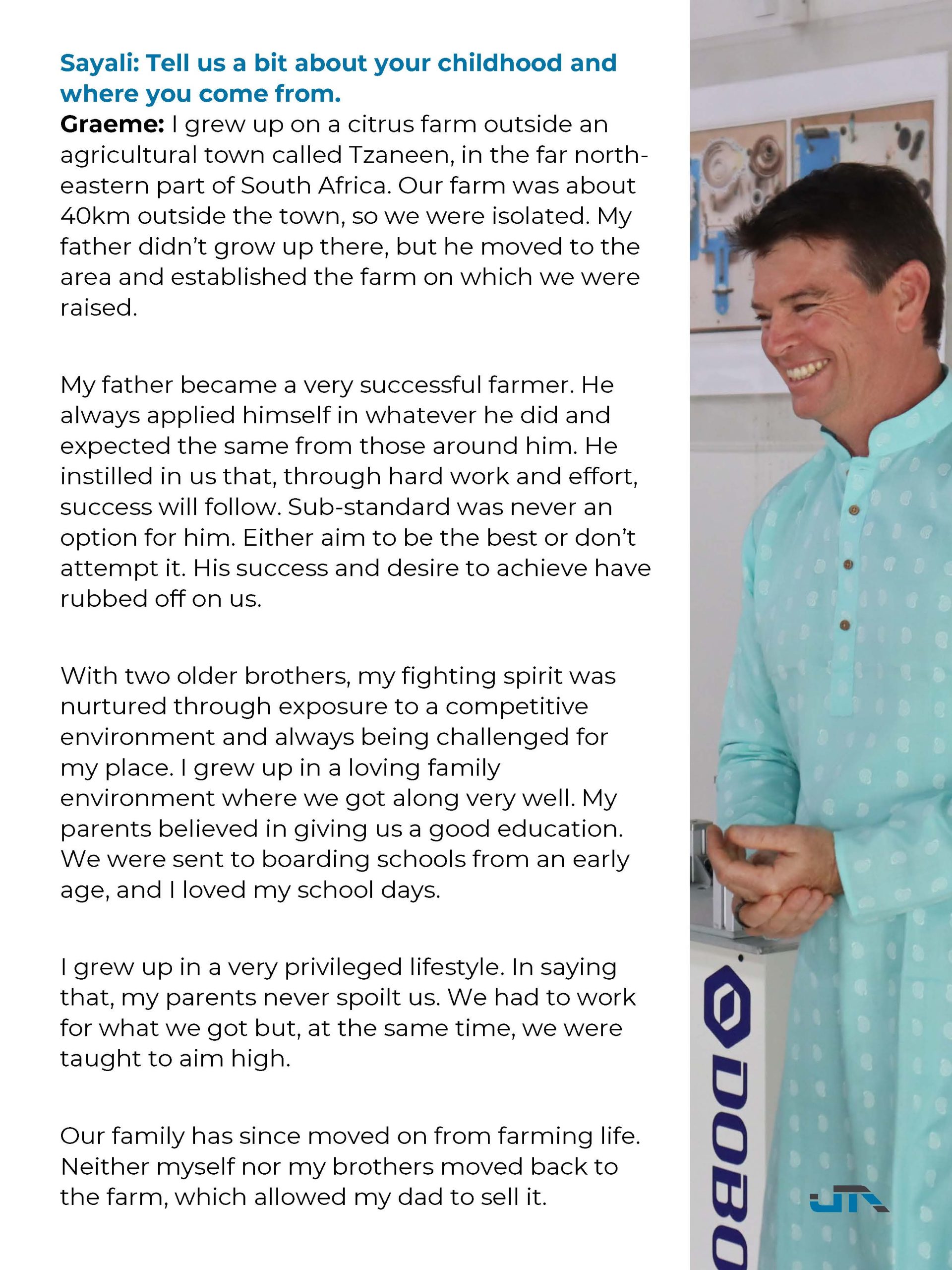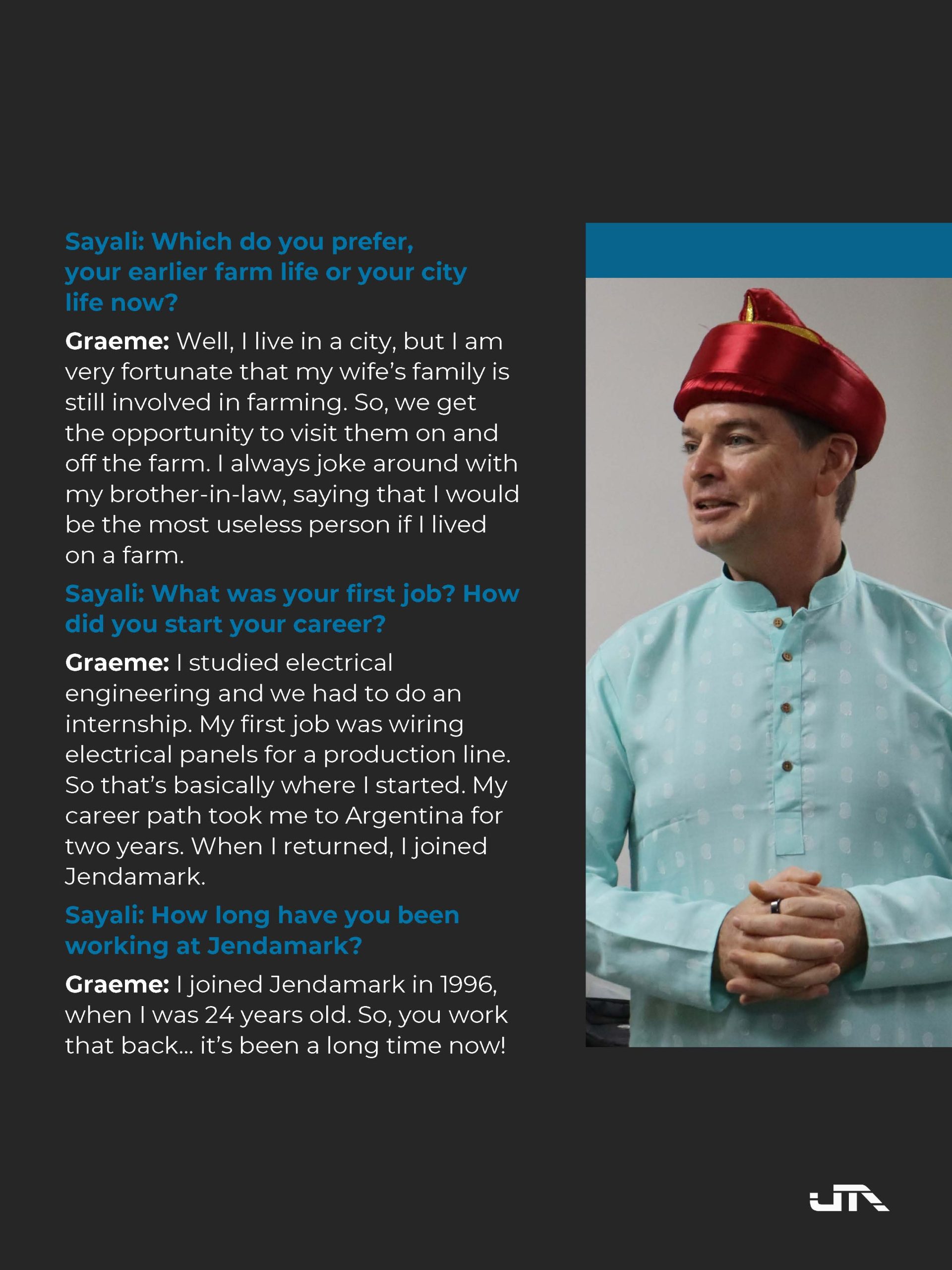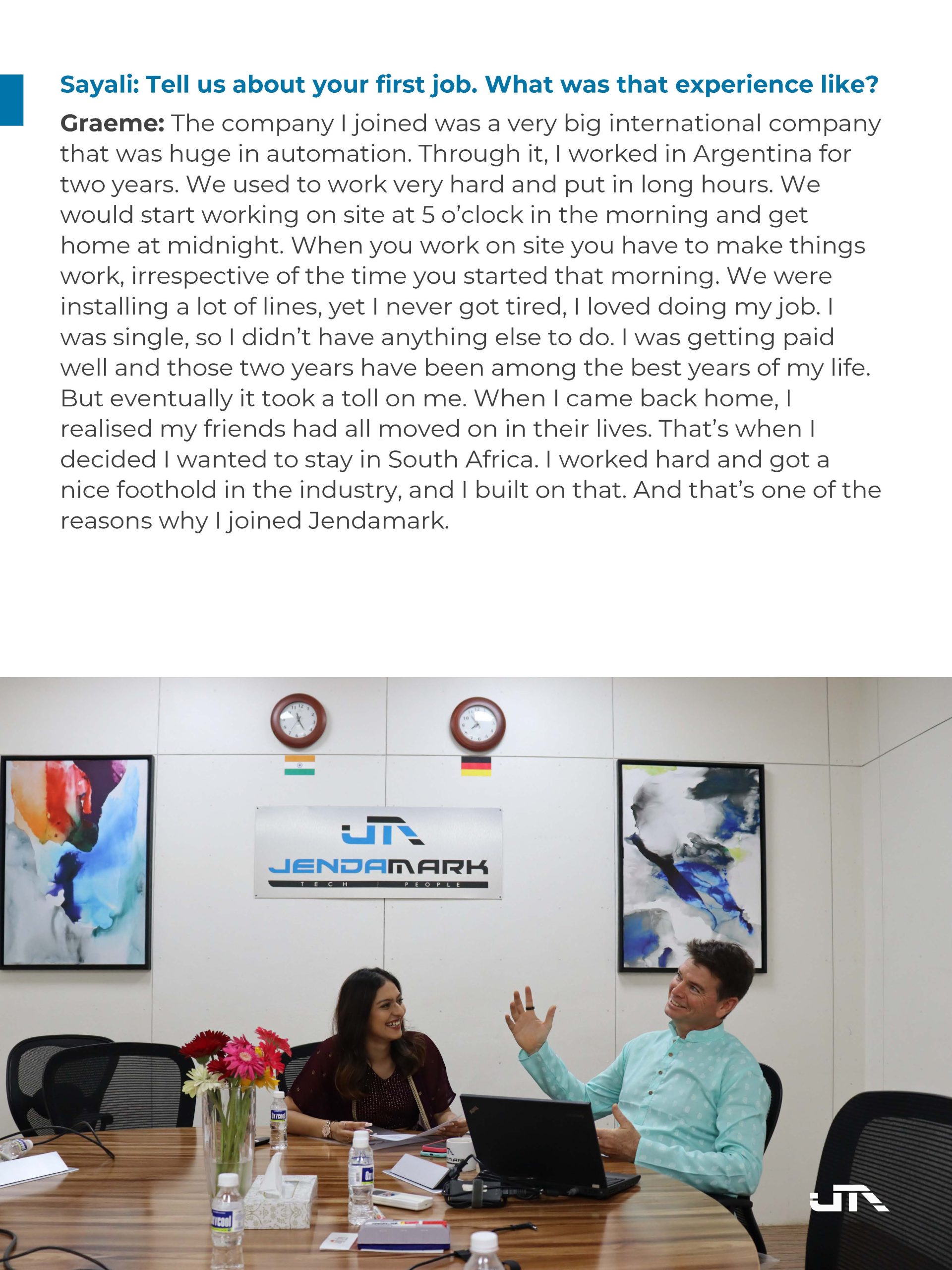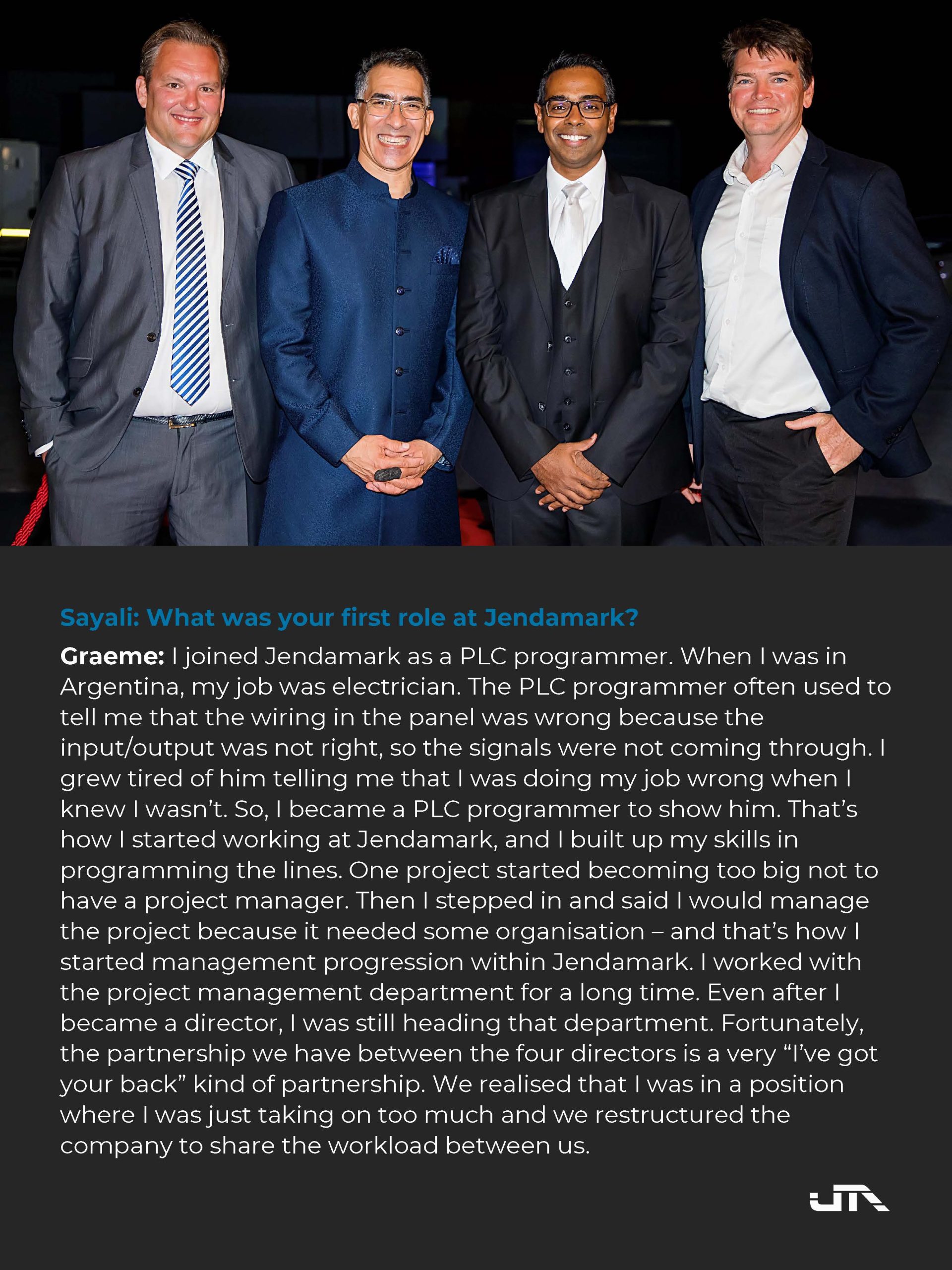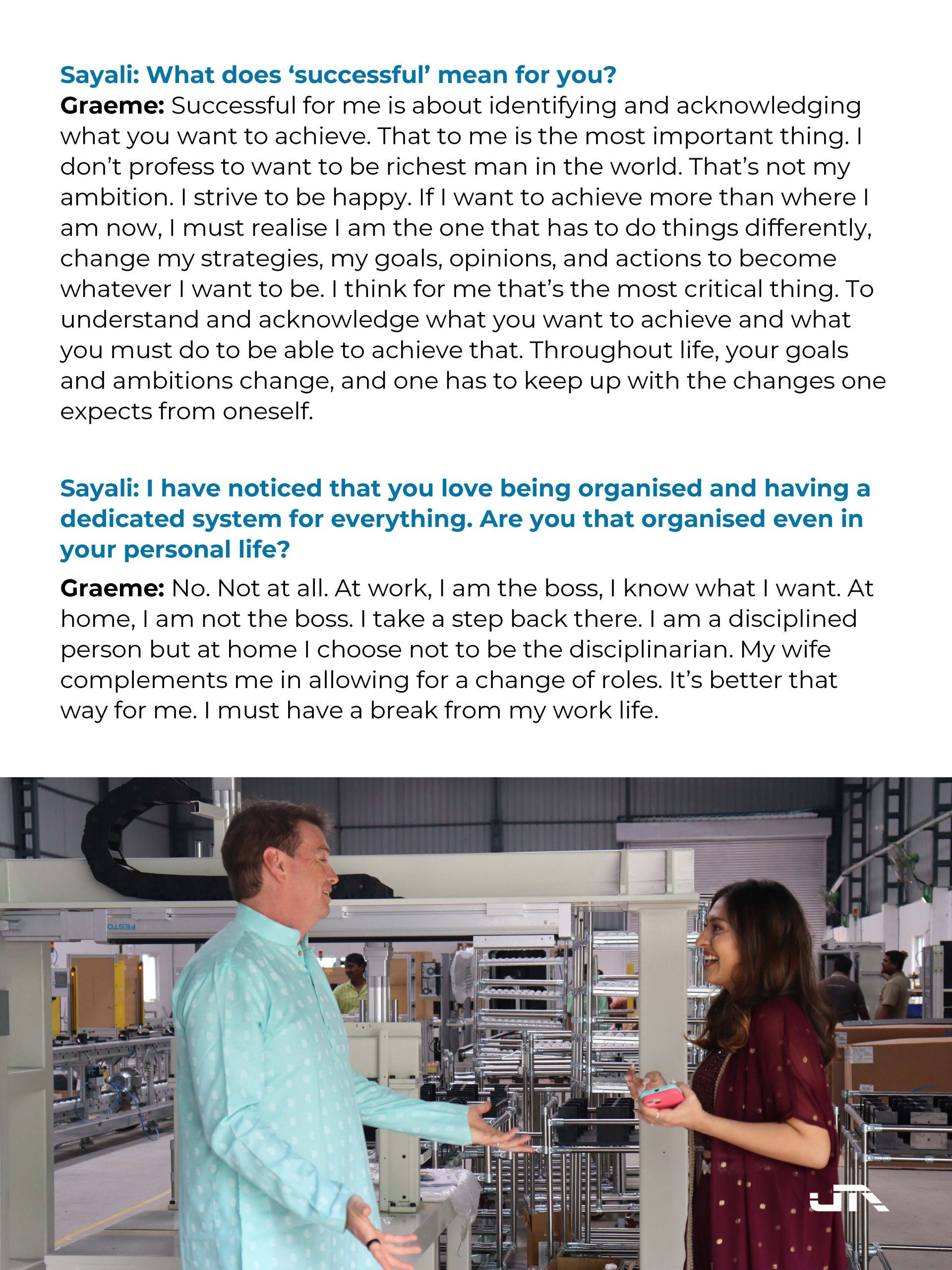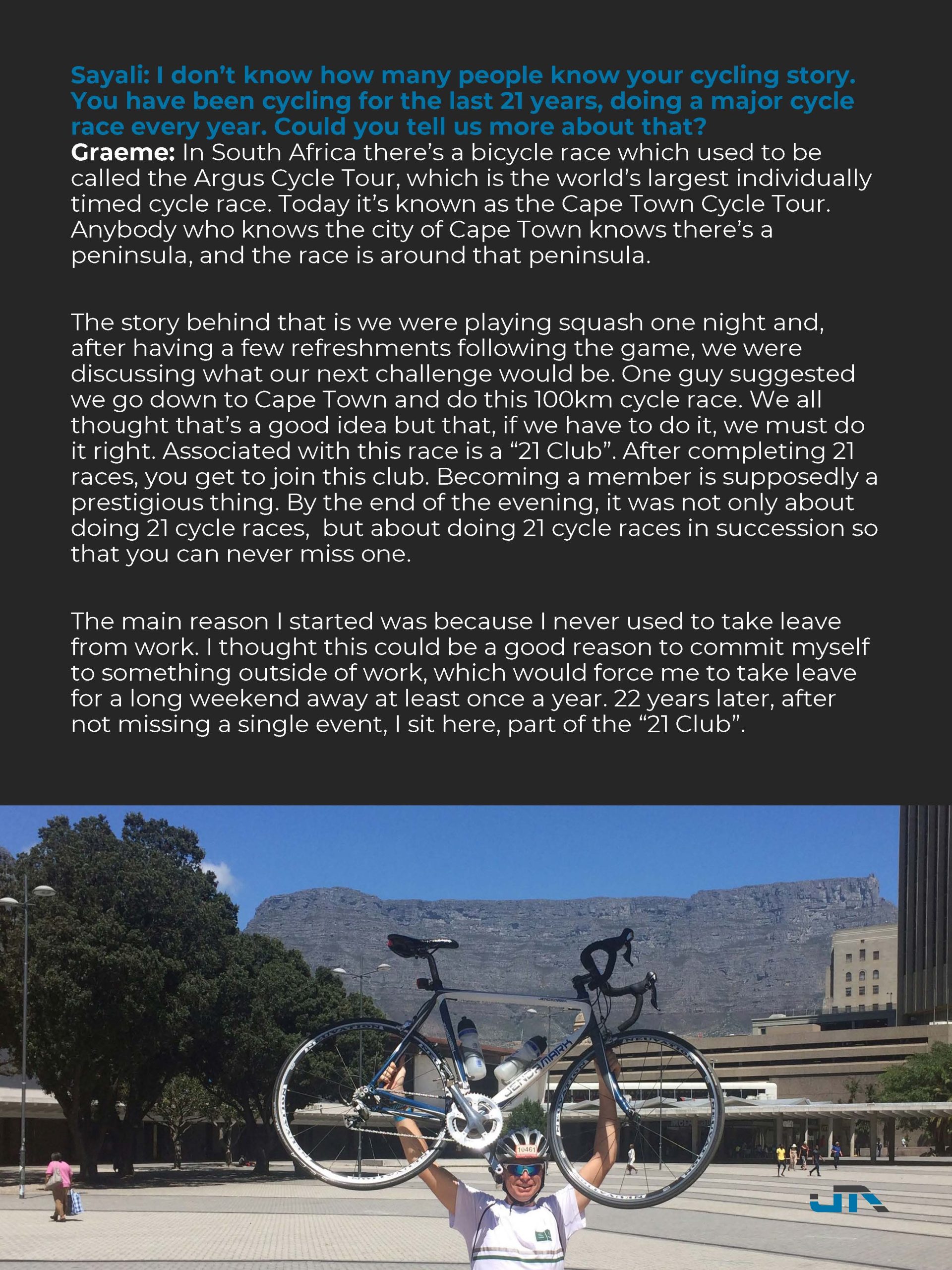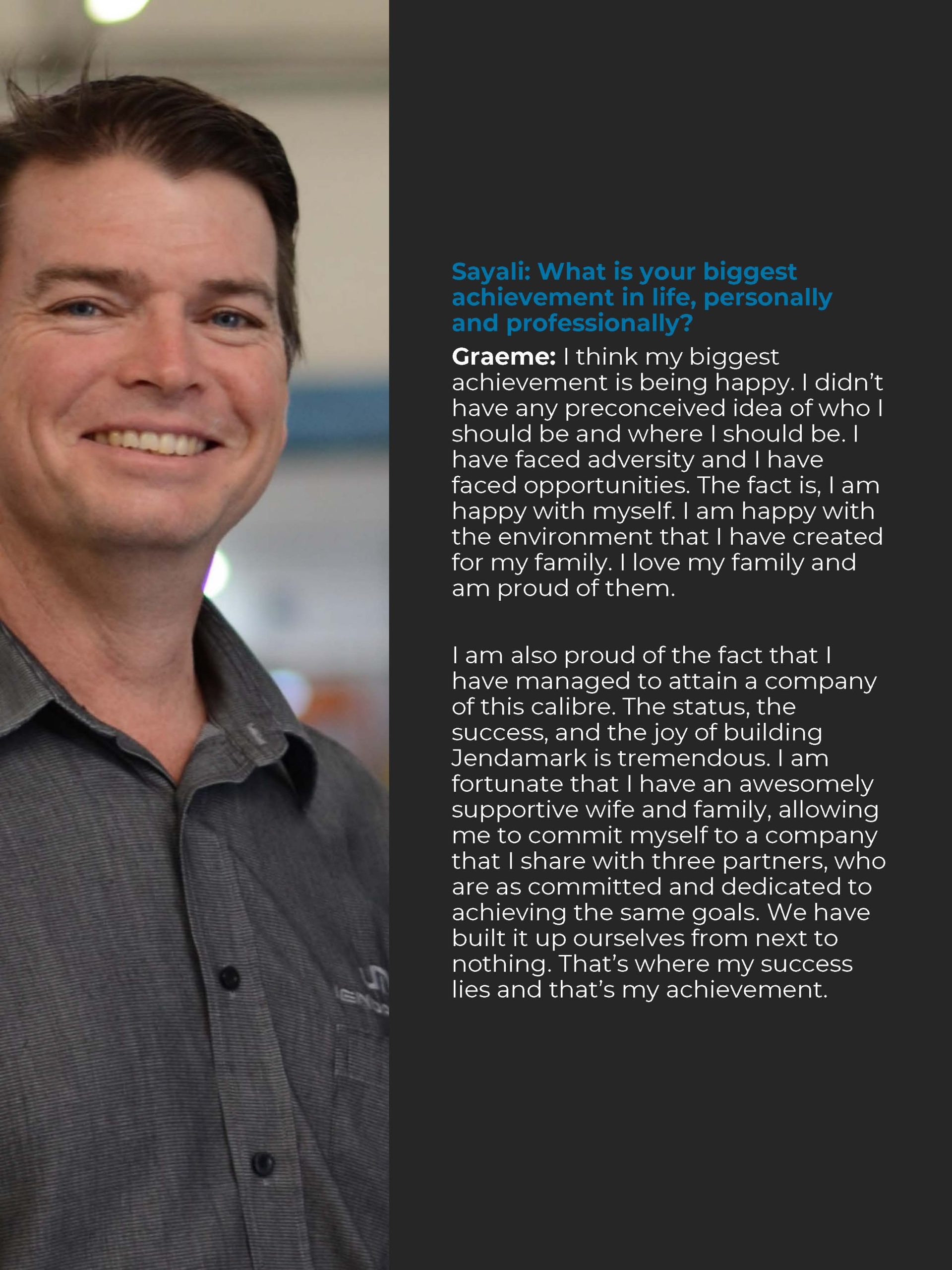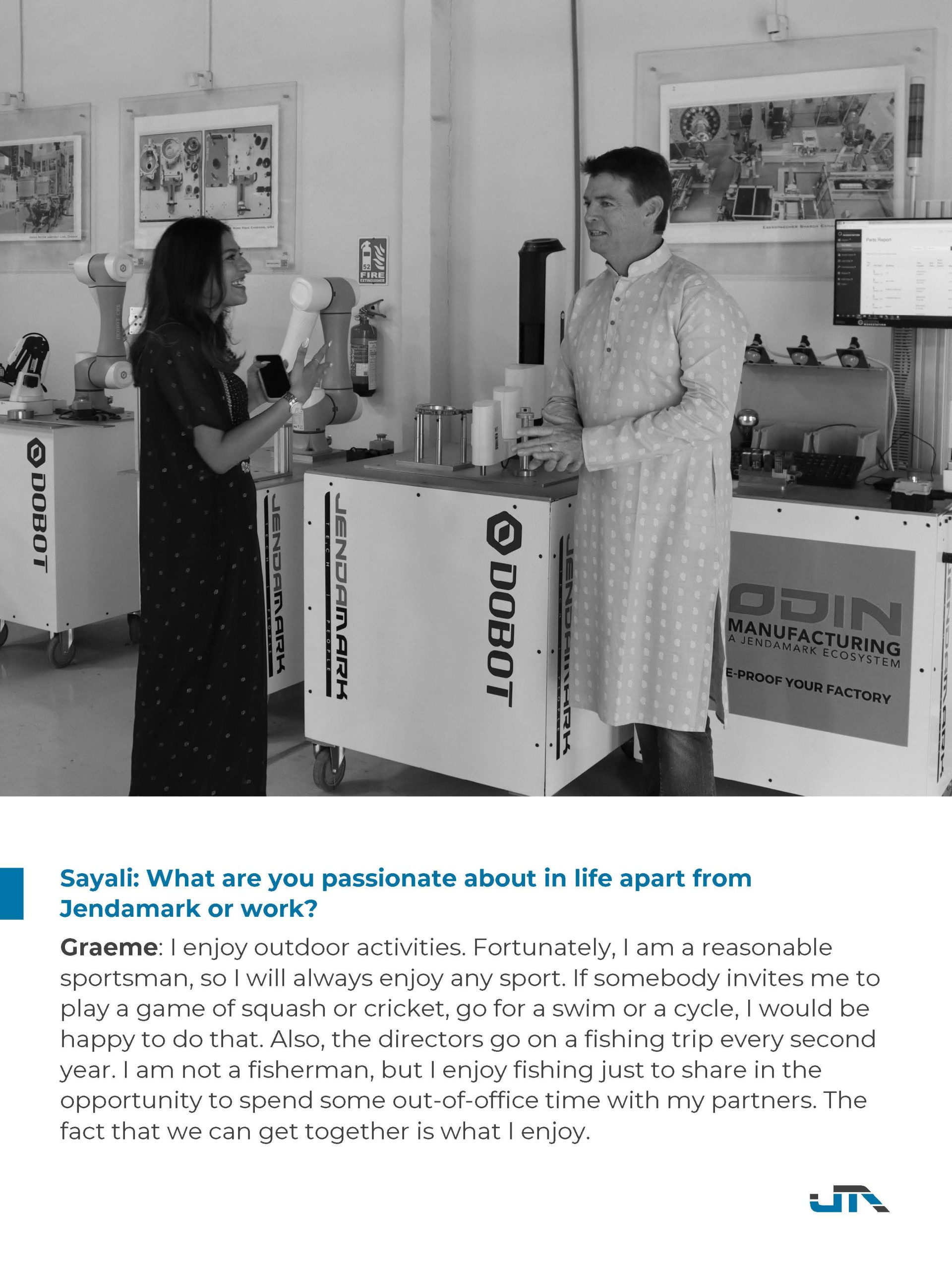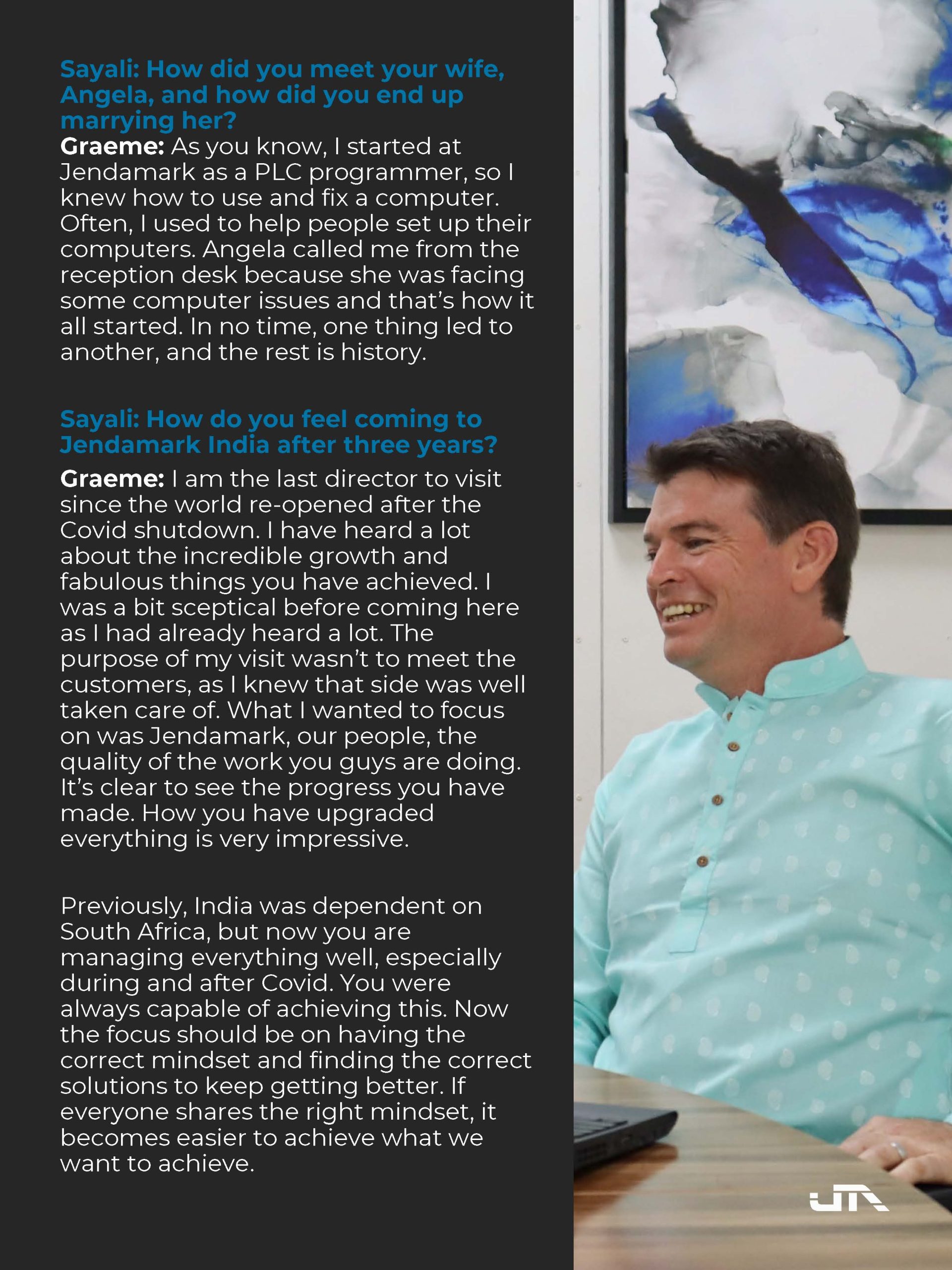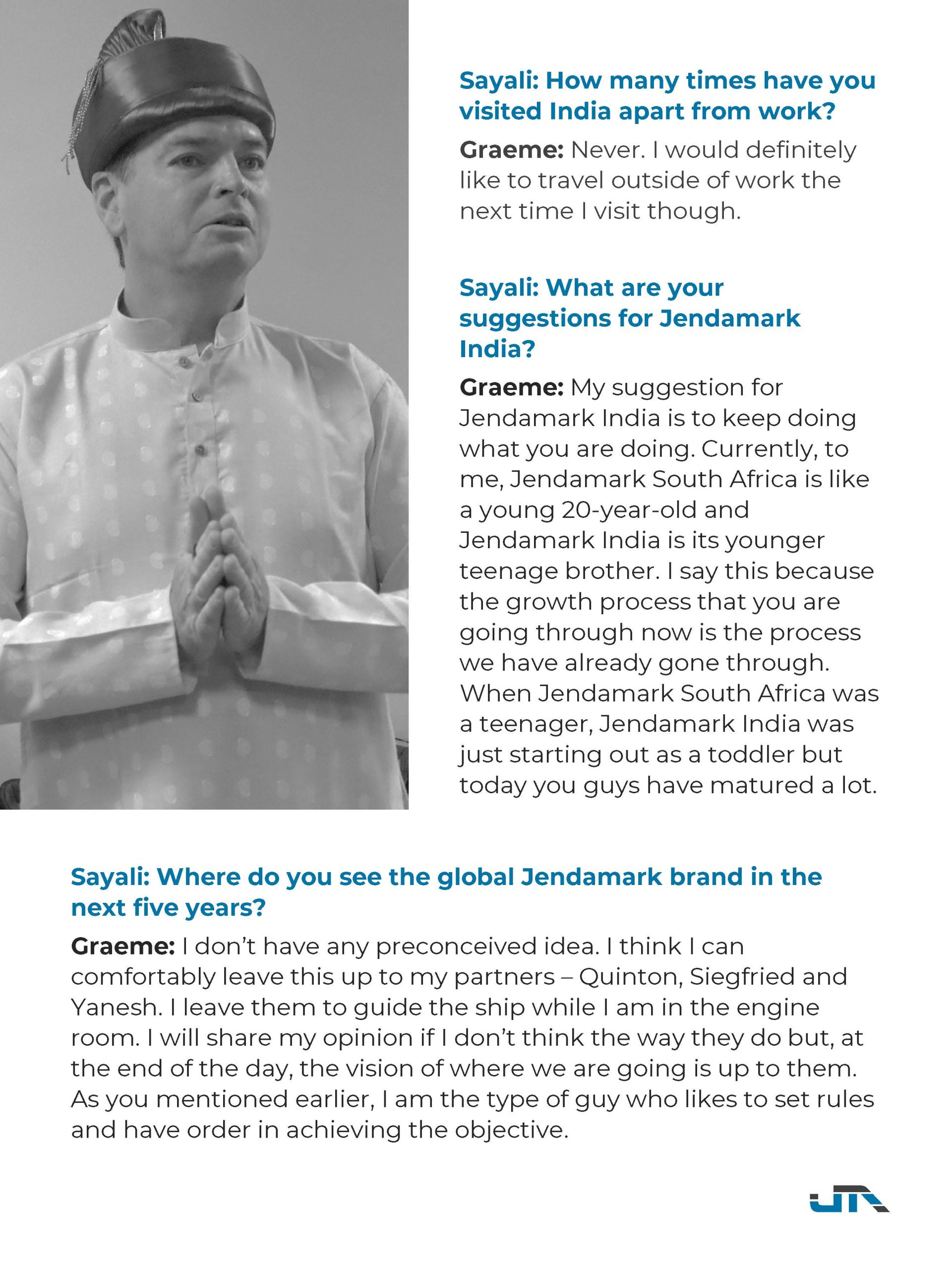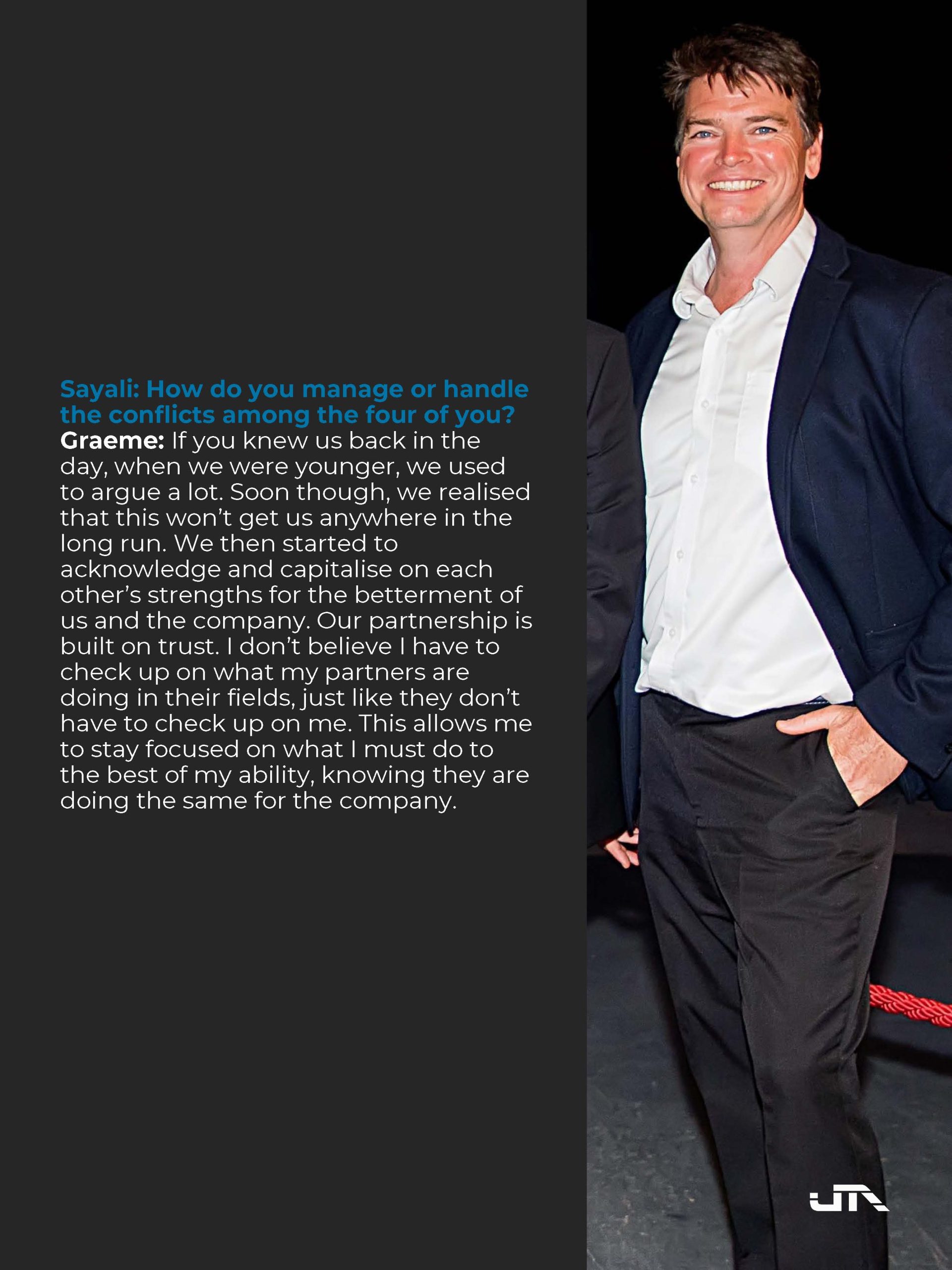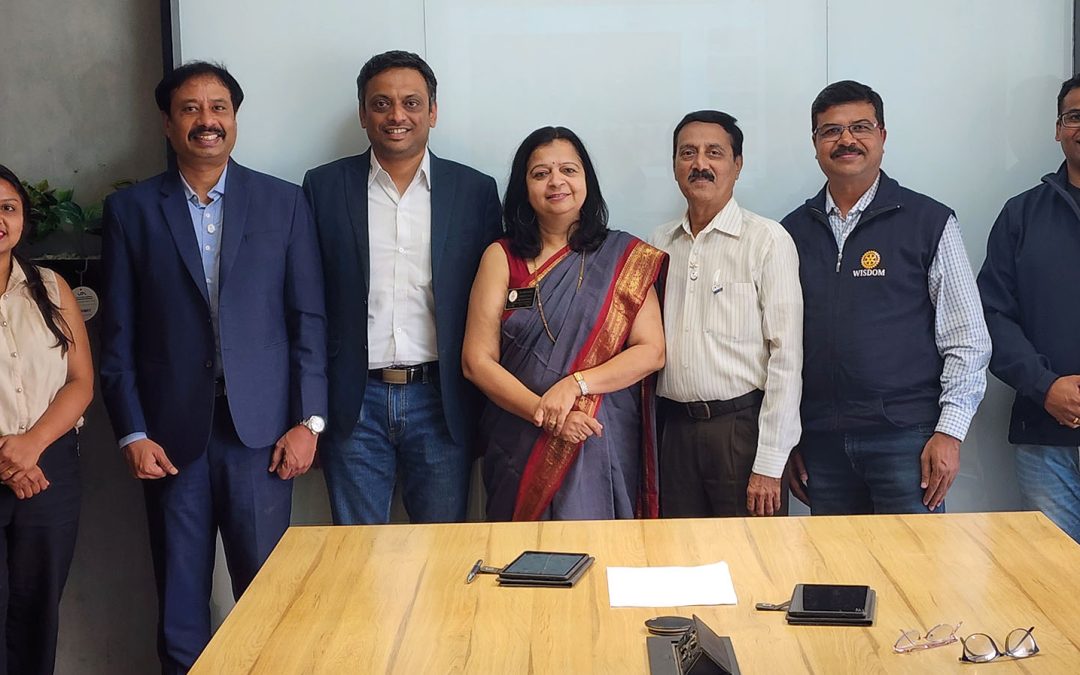
by NewsAdmin | Mar 7, 2023 | Jendamark News
Jendamark India and the Rotary Club of Pune Wisdom have joined hands to connect with corporate clients and help them transform the lives of underprivileged children through our ed-tech tool, ODIN Education.
The educational ecosystem, which was officially launched in India in August, is designed to give every child access to the right digital learning resources, whether they are in cities or remote rural areas.
Even though India has the second largest schooling system in the world, more than a fifth of the population lives below the poverty line and cannot afford to send their children to school. Hence, they do not get the access to education and knowledge that would allow them to compete in the future with their more privileged peers – especially in terms of access to technology.
According to ODIN Education’s business development executive Yogini Bandekar, the signing of the memorandum of understanding with the Rotary Club represents the first major development in getting the system, which is delivered via e-learning tablets, into deserving schools. (Ed: The first roll-out of 50 devices to a rural school near Pune was already under way at the time of writing.)
“We welcome the support of this internationally renowned and trusted community service organisation as we work together to create an educational ecosystem that will empower our children to reimagine a better world,” says Bandekar.
As outlined in the memorandum of understanding (MOU), Rotary will assist in identifying schools in remote areas that need assistance, as well as connecting ODIN Education with clients who can help to put more e-learning devices in children’s hands. Rotary will also arrange the tax benefit certificates for such corporate social investments.
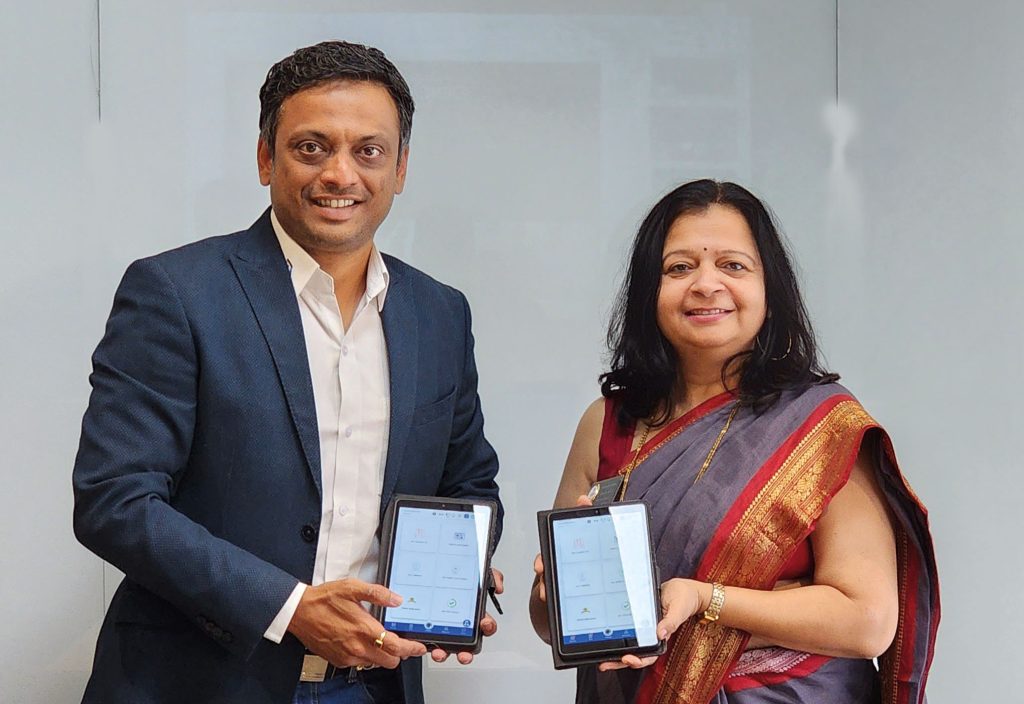
Bandekar says, as part of its corporate social responsibility, Jendamark will handle the practicalities of rolling out the devices, training the students and teachers on how to use them, and sending quarterly reports on engagement analytics to clients to show how their devices are making an impact.
Jendamark India CEO Himanshu Jadhav signed the MOU alongside Rotary Club president Vaishali Varnekar, with past president Hemant Puranik, CSR funding director Nilesh Dhopade and secretary Sarang Balankhe in attendance.
To learn more, contact
info@jendamark.in or visit
www.odineducation.org
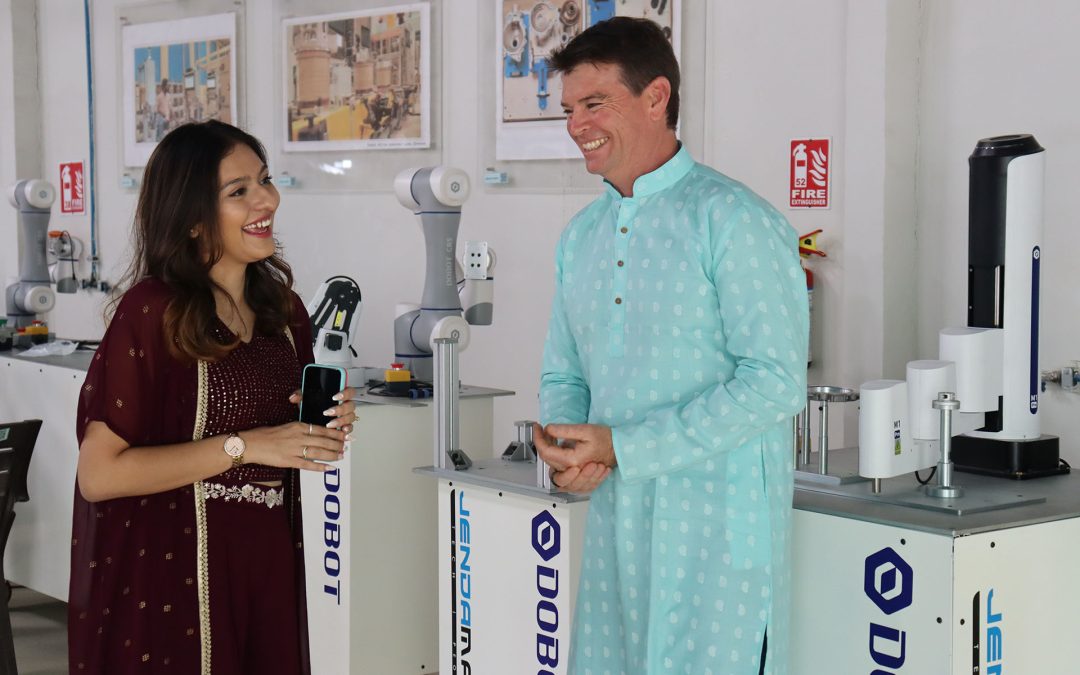
by NewsAdmin | Feb 28, 2023 | Jendamark News
Jendamark as a brand has earned its reputation for developing and building thousands of world-class automotive assembly systems over three decades.
In this fourth instalment of an interview series with the directors, Jendamark India’s head of marketing, Sayali Mahajan, chats to Jendamark Automation’s director of manufacturing, Graeme van Zyl, about life and what it takes to build both quality machines and a successful company.
Click an image below to read the full interview:
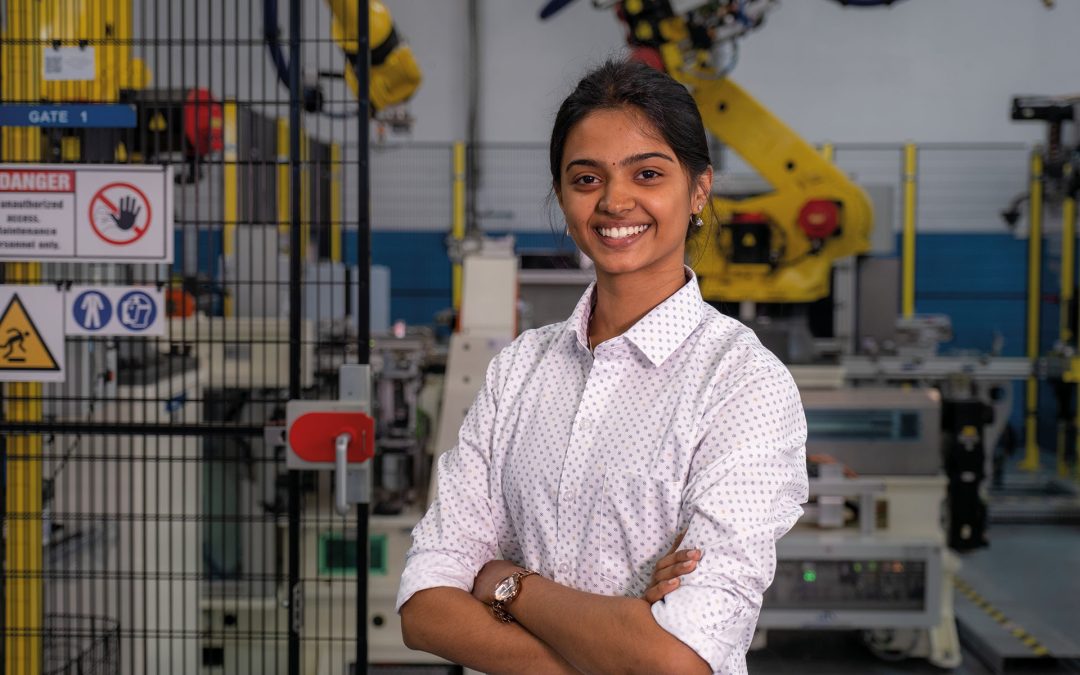
by NewsAdmin | Feb 21, 2023 | Jendamark News
An unplanned, last-minute application saw mechanical engineering student Mrudula Joshi beat out a host of other applicants to claim one of two spots in the exciting new international exchange programme initiated by Jendamark India in partnership with MIT-World Peace University.
The 20-year-old Joshi is in her final year of her four-year B.Tech degree but it was her trailblazing involvement in an extracurricular technical club that secured her the two-week trip to South Africa. She is the first female driver for Team Piranha Racing – the university’s official Baja team and Overall Champions at BAJA SAE India in 2021.
The 20-year-old Joshi is in her final year of her four-year B.Tech degree but it was her trailblazing involvement in an extracurricular technical club that secured her the two-week trip to South Africa. She is the first female driver for Team Piranha Racing – the university’s official Baja team and Overall Champions at BAJA SAE India in 2021.
Baja teams design and build their own racing buggies from scratch, with members learning about all aspects of vehicle production from inventory to design, assembly, sales and management.
“My mom always said this is all boys’ stuff. There are no girl drivers. So, from my first year, I wanted to be a driver – that’s the thing I wanted to change,” says Joshi.
“I had no technical experience. During lockdown I learned the software; I always want to learn something new. I worked very hard to move up through the team.”
She says her all-male team has been very supportive and respectful. “They were so happy there was finally a girl. Girls bring emotional intelligence; we keep things neat and orderly. They’re happy about the changes in themselves – it’s a progressive environment.”
Her experience has made her even more determined to pursue a career in vehicle dynamics and testing, and the automotive software behind it.
“It’s true that girls often want to do the software side of things and not get their hands dirty. But if you go into industry, even on the automation side, you need to have basic mechanical skills and an understanding of how things work. An engineer knows how to solve problems.
“I’m doing my internship at an OEM, but I would like to gain experience in a company that is a Tier 1 supplier. That is where all the work happens, whereas the OEM is all about management. You need to have strong technical knowledge before going into management,” explains Joshi.
Through a range of programmes, events and seminars, Jendamark has been instrumental in exposing Joshi and her fellow students to the latest Industry 4.0 technologies, while helping MIT-WPU to develop a curriculum that ensures its students are workplace ready. Joshi’s older brother is one of the students who completed their final-year engineering internship with Jendamark India.
“Other companies are older, but they don’t want to change. Our generation has come with fresh minds. We always want to introduce something new and implement the new things with the existing ones,” smiles Joshi.
“Jendamark in India and South Africa has an amazing culture. The people are friendly, and you can explore opportunities in various departments.
“All aspects of engineering are involved in this automation company. Other companies go for the big things. Jendamark works on a small thing very hard. Right now, they are developing Odin – you could do anything with that software.”
She describes the trip to South Africa, which included visits to Nelson Mandela University’s School of Engineering and School of IT, the world-famous Addo Elephant Park, and, of course, Jendamark Automation’s headquarters, as an amazing experience.
“This is the first time that I’ve travelled without my family. My brother is so proud of me, and they always want to protect me, but now I know what I’m capable of.”
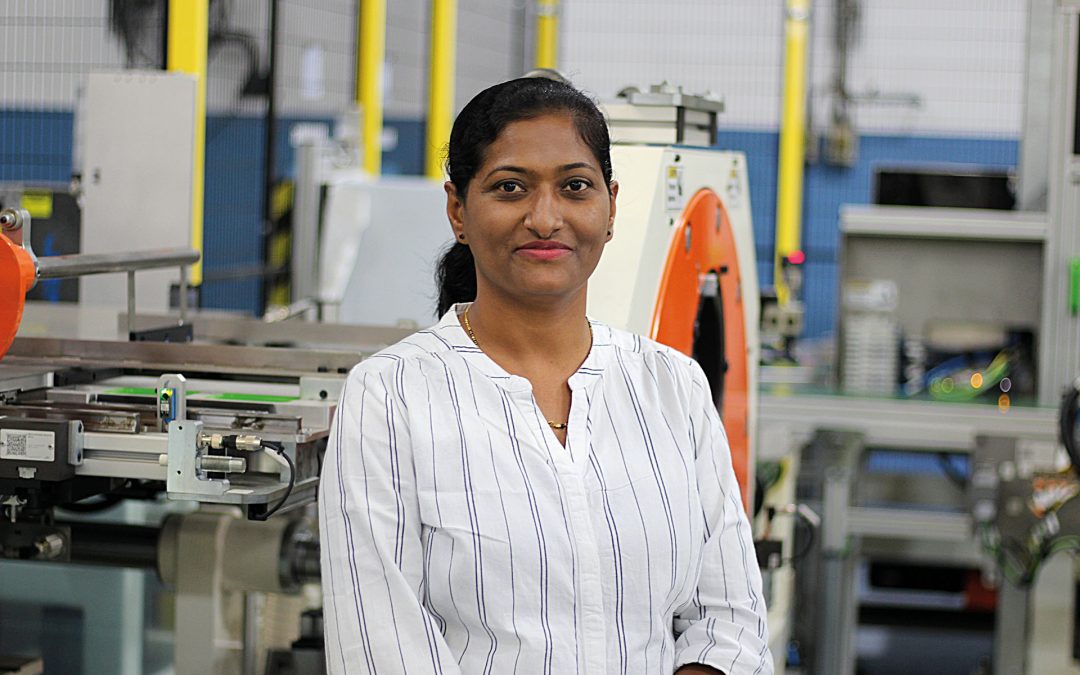
by NewsAdmin | Feb 7, 2023 | Jendamark News
Senior design engineer Reshma Jadhav recently travelled to South Africa where she spent two weeks learning the complexities of catalytic converters before taking up her new role as technical lead for Jendamark India’s canning division.
It has been a rapid rise for Jadhav, who joined Jendamark India just one year ago, after seven years with another automation company.
“At that company, the most complex project that I worked on was a cylinder head cam cover assembly line for a facility in China, which presented a number of challenges, including the cycle times on the line,” says Jadhav.
“Before I joined Jendamark India, I was never exposed to canning projects. So, my initial goal with this intensive training experience in South Africa was to learn all there is to know about the basics, including all tooling and facilities, so that I can impart this knowledge to my team in India.”
Jendamark’s South African team has been developing catalytic converter assembly facilities for almost three decades.
“When I started my training, I was given an induction by Alwyn Smit, who explained the entire design process flow, ensuring that I had a clear foundation. Then each member of the tooling team shared their personal process flow that they follow to ensure that a successful design is released every time,” explains Jadhav.
“I gained exposure to all the various checks that need to be done, the customer data that must be assessed, the tooling calculations that need to be done as well as the lessons learned from these calculations.
“I also learned about parametric modelling when designing multi-body assemblies, which is an incredibly helpful tool that can be used for designing canning tooling.”
Jadhav is excited to share all this newfound knowledge with her team, and see where improvements and increased efficiencies are possible.
She also takes back some fantastic travel memories such as taking time out to experience Gqeberha’s beautiful beaches, seaside flea markets, and game reserves with her colleagues.
“This opportunity is really exciting for me, and I accepted it with open arms. This is a fantastic opportunity for growth, and I will be eternally grateful for all the support and guidance. This new role is a way to develop my career in a well-established company and it’s a great position. I am excited to see what the future holds and looking forward to growing my team around me.”
Jadhav says, as a working mother, the flexibility that Jendamark offers with work-from-home initiatives makes it an adaptive environment that fits in with life’s daily challenges that can arise.
“The fact that Jendamark’s work globally is project-based means that every project we take on is challenging and different. No day is the same and I love coming up with innovative solutions to every one of the various challenges.”
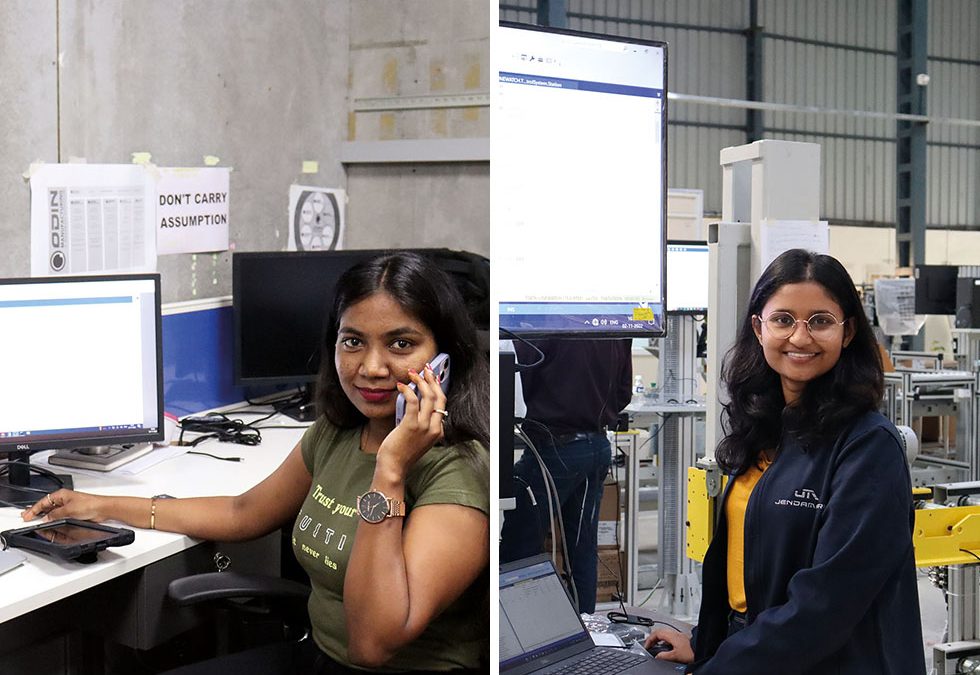
by NewsAdmin | Jan 23, 2023 | Jendamark News
Two of Jendamark India’s software developers, Monali Chalwadikar and Pratiksha Sawalakhe, answer some tough questions about the challenges and opportunities for women in the tech industry.
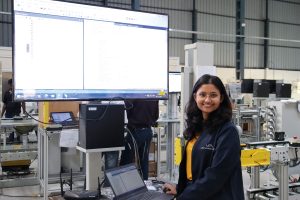
Pratiksha Sawalakhe
Q: Did you always know that working in technology was what you wanted to do?
MC: Honestly, I wanted to be a gynaecologist! Since I couldn’t get a merit seat in college, I opted for engineering. In saying so, I am very much into technology, so I am happy anyway. I have a phobia of electrical wires, so electrical engineering was definitely not an option. I had lot of interest in coding, so I chose computer science.
PS: No, I wanted to become a physiotherapist but because of a lack of knowledge and miscommunication about that field, I was not able to take admission. I did get admission to computer science engineering. Deep down, I knew that I had an interest in technical stuff. When I was about to take the admission for my 11th standard, I had to choose one optional subject, so I chose IT and then I got interested in technology. I used to create small websites and found it very interesting, so I decided to go into computer science.
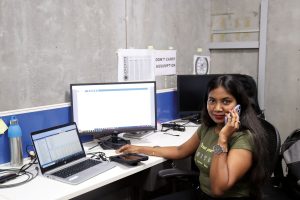
Monali Chalwadikar
Q: It’s no secret that many women in the tech industry have felt their gender has affected the way that they are perceived or treated. Have you ever been in a situation like that? How did you handle it?
MC: Being a woman is one of the proudest things I can ever experience as a person. Though it sometimes has disadvantages in terms of the treatment or limitations we face because of society and culture. According to my experience so far in the tech industry, I have faced a situation where I have had to adjust or negotiate with regard to a certain privilege and facilities. Sometimes the male ego and insecurities, and lack of belief in my capabilities, also become a very big challenge. I have faced all the situations by having the right attitude, ignoring a condition which doesn’t add value to my personal and professional growth, and by proving myself with all my hard work. Nothing can stop a woman who really has the right attitude and dreams to achieve.
PS: No, I have never been in that situation.
Q: What do you think is the best part of being a woman in the tech industry?
MC: It doesn’t make any difference to me. Being a woman will not give you extra benefits or special treatment. I have achieved everything by proving myself and through all my hard work and right attitude.
PS: The best part as a woman in the tech industry is that you will get to improve your technical skills and personality. And you will never stop learning.
Q: Do you notice a lack of women in technology? If so, why do you think that’s the case?
MC: Yes. Because of lack of family support and sometimes because parents feel that it’s unsafe to support their daughters to leave their city and allow them to live on their own.
PS: Yes, I did notice a lack of women in technology. I think organisations should initiate recruiting more women employees and give them the chance to prove themselves. We need more women who are willing to take on leadership positions. We live in a profoundly connected and global world, and companies that are more diverse will achieve better performance. But my experience tells me that time will not solve the gender leadership gap.
Q: What advice would you give a woman considering a career in the tech industry? What do you wish you had known?
MC: The right guidance and taking opportunities – no matter how small or big the opportunity is. I wish I would have received the right guidance and internships at the right time, which would have helped me grow my knowledge of working as a techy at organisational level in the early phase of my career.
PS: My advice to any woman would be never to miss any opportunity, no matter whether you are in college or an organisation. Just make sure you do your best because small opportunities can make a big difference and it will give you the experience that will definitely take you further.
Q: You’ve both described yourselves as introverts, and even wrote about how to network as an introvert. What is the most difficult thing about being an introvert in the tech industry? How have you overcome it?
MC: When I joined Jendamark India as a fresher, I was an underconfident woman though I had full faith in my abilities. Being an introvert, initially I was struggling to take help from the right connections, and, because of that, I used to get stressed out about not being able to complete a task on time. Then I worked to change into a talkative person, who started communicating with the right people, doing customer presentations, travelling alone, dealing with customers, and late-night, on-site work with seniors. This really helped grow my confidence.
PS: As a Jendamark employee, you get to explore and learn new things. As an introvert, I felt very shy to contact a person I didn’t know, but in my role, I have to speak to people from other departments too. My colleagues help me a lot in becoming a bit more extroverted.
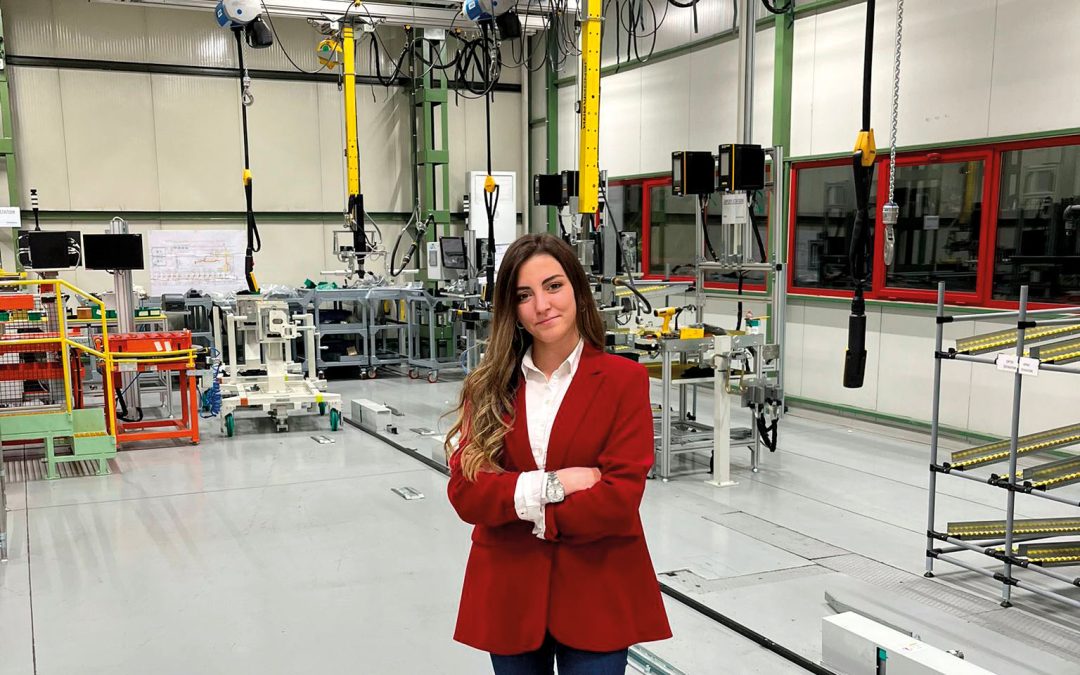
by NewsAdmin | Jan 10, 2023 | Jendamark News
Turkish manufacturer Erkunt Traktör A.Ş. recently entered into a joint venture to build engines for Mahindra. It is the first time that these engines are being assembled outside India, on an assembly line developed by Jendamark India. Erkunt’s PLC automation engineer, Tuğçe Karakuş, explains how ODIN Manufacturing contributed to the project’s success.
Q: Which ODIN Manufacturing solutions were used on the engine assembly line?
A: We used ODIN Workstation, ODIN Maintenance, ODIN Documentation and ODIN Linewatch.
Q: The Mahindra engine is usually assembled in India. Did the use of the ODIN system play a big part in enabling the transfer of this local knowledge and skills to Turkey?
A: Normally, Mahindra engines were assembled in India and then sent to Erkunt Traktör. With the ODIN system, we can now successfully perform this assembly process in Turkey. ODIN Workstation takes our operators through the process step by step: which bolts we need to tighten, with how many torques, and not to forget important details, such as completing the fine measurements and all the necessary tests. The ODIN system ensures the correct completion of the engine assembly. The first engine we completed in Turkey with the ODIN system worked successfully and there were no major problems.
Q: Was the Mahindra engine assembly line the first experience that the Erkunt facility had in building engines?
A: Yes, it was the first experience in engine assembly at the Erkunt facility and we are very proud of it.
Q: How did having animated work instructions, which were translated into Turkish, give your operators confidence and make a difference to the whole assembly process?
A: The fact that the work instructions were strengthened with visuals and presented in Turkish was very useful because it was simple and easy for operators to understand. It has eliminated any confusion during assembly, allowing the operator to do their job more comfortably and ensure complete engine installation without forgetting the steps.
Q: Were there any challenges with the assembly process and how did the ODIN system contribute to solving them?
A: The ODIN system facilitates many operational steps. For example, when tightening more than one bolt, it ensures that each bolt is tightened to the correct torque and the bolt is not skipped. The operator must complete all operations in the correct order; by following the barcode, the system does not allow them to skip a step or station. Obviously, all the difficulties decrease to the minimum level if the ODIN system is followed correctly.
Q: Your customer, Mahindra, could log in to the system and monitor in real-time how the production process was going. How did having access to this data contribute to a transparent and good working relationship between Erkunt and Mahindra?
A: The detailed report provided by the ODIN system is the best solution for us to be able to see all the steps that the engine went through during assembly, and all the data from when the process started to when it finished. It informs us in a simple and transparent way, giving us the details of the assembled engine, and what is happening on the line.
Q: We understand that you were hired specifically to take care of the ODIN system. Tell us a bit about your role and your experience on this project.
A: I’m a PLC automation engineer in the Erkunt team on this project. My role is to ensure that the ODIN system and PLC always work correctly and completely. I am working on the necessary controls, maintenance and troubleshooting on the line. I ensure that a new operation is defined in the ODIN system, that operations are kept up-to-date and always live without ever disconnecting. It’s been a truly enjoyable experience. I am very happy to work with the Jendamark team. When the ODIN Manufacturing system was implemented, the Jendamark team always worked with smiling faces and never hid their knowledge.
Q: Anything else you would like to add?
A: I am very proud that the Erkunt Tractor, Jendamark and Mahindra teams came together for such a big project and worked as a team. As the female engineer on the team, I would like to thank my managers Mehmet Temucin and Ahmet Cenk Çivici for always supporting them and my teammate Utku Söyünmez for managing this process with me. I would like to thank the entire Erkunt team for their efforts and contributions. I would also like to thank Kumarshiv Himandi and Suslove Biswas from the Mahindra team for coming to Turkey to support and help us. From Jendamark, I would like to thank Himanshu Jadhav and the whole team.



